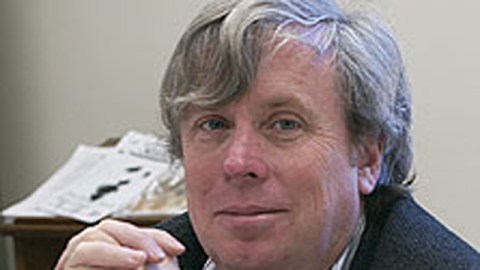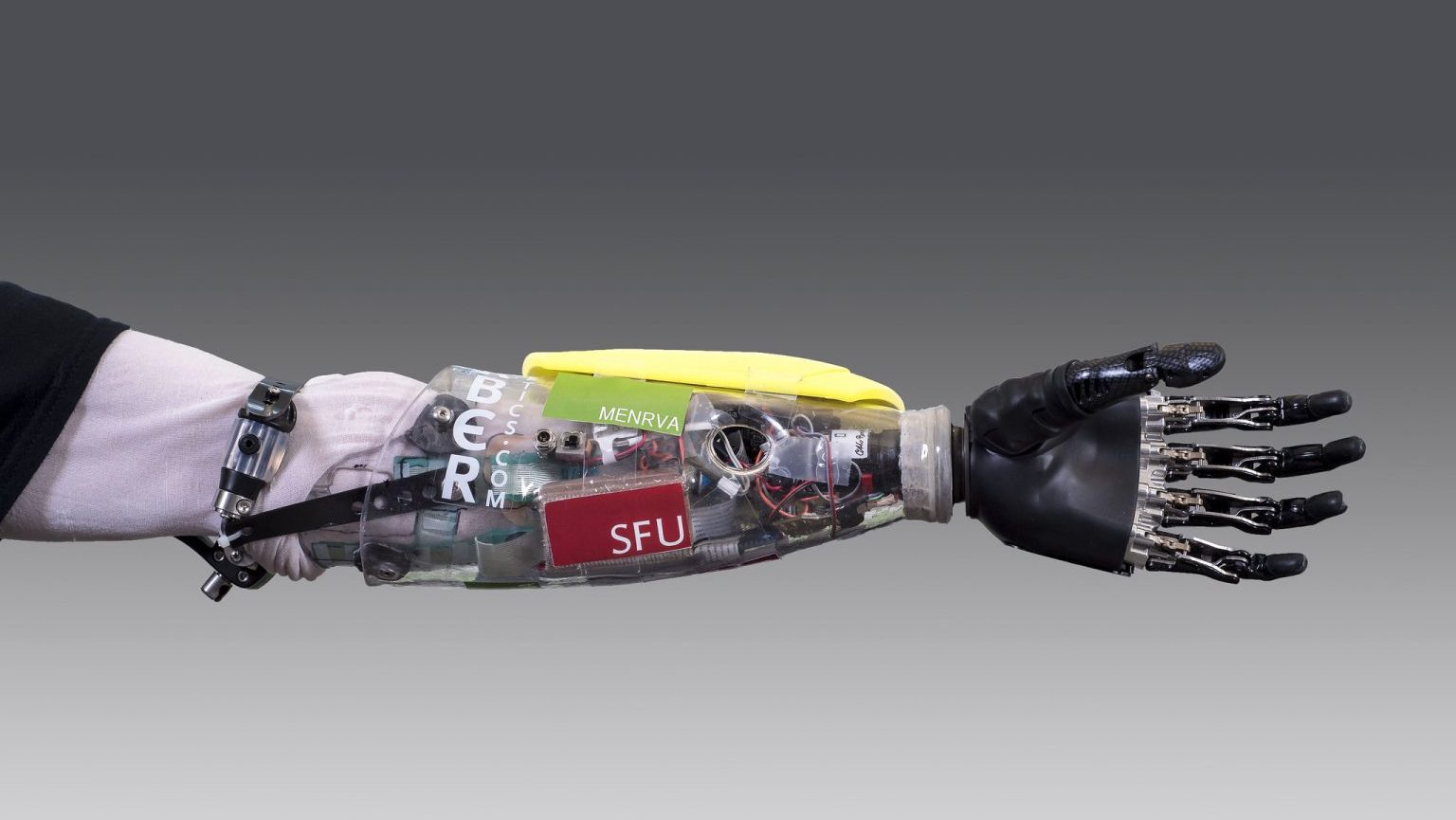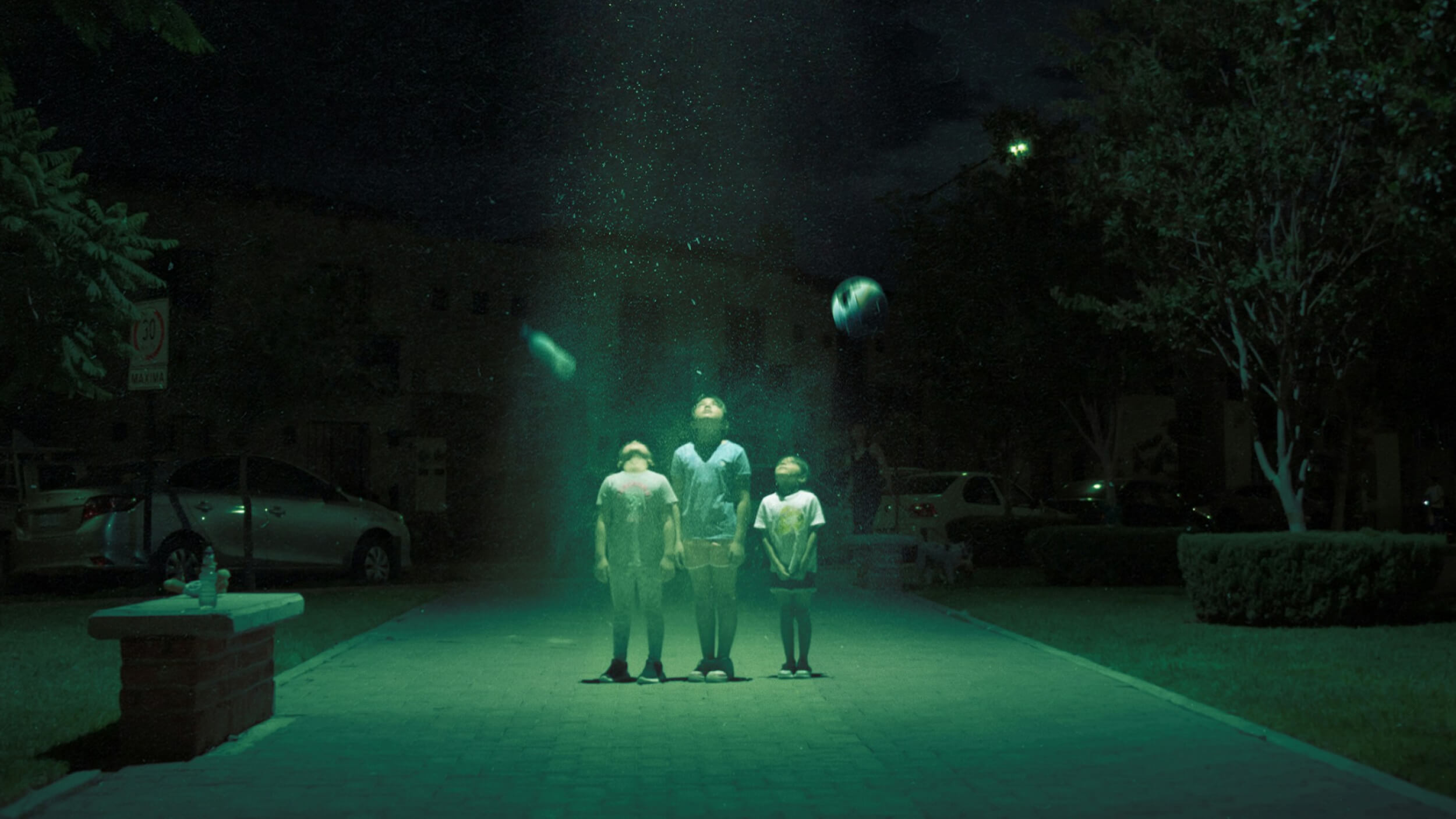Darwinian Natural Rights?

Here you can read the reaction of “the intelligent design community” to a recent article of mine. This post, of course, is double-down shameless self-promotion, because it includes both praise of ME and a generous quote from a recent article of mine (and a link to the rest).
I am not, in fact, a member of the intelligent design community, and I have to admit I don’t know all that much about what members of this community think.
They are surely right wonder whether there’s an place for human freedom–and belief in the unique, irreplaceable, and infinite value of every human person–in Darwinian theory.
Intelligent design theory seems to me to point more to “the God of the physicists” than to the personal God of the Bible.
Sometimes it seems to me that our physicists and our evolutionary biologists are working at cross-purposes. Our physicists are about discovering the natural principles of order that govern the cosmos, and it’s easy to criticize the physicists for being unable to integrate themselves into the cosmos they can otherwise explain so well.
Our biologists are about describing an accidental and purposeless process in which particular animals and species come into being and disappear for no particular reason. And so they’re not, as physicists have often been, about something like “natural theology” (see Einstein, for example).
The Darwinians often criticize me (mistakenly) for being an existentialist, because I deny that their science can account for the whole truth about the particular human person.
Maybe the intelligent design people might criticize me for a similar reason. The being who wonders (only particular human beings so far as we can tell), I think, is necessarily a wanderer in the cosmos. But I also think that the being who wonders and wanders is “hardwired” by nature, so to speak, to be genuinely open to the truth about all things, including himself, and to experience a natural joy in discovery of what he or she can really know. I am nothing if not a REALIST.
But there’s no denying that we remain, to some extent, mysteries to ourselves (see St. Augustine, Nietzsche) without help we can’t provide for ourselves.
The theory of natural rights (originating, say, in Locke) does depend on the mystery of human freedom. So it also depends on the free being progressing away from a nature that he or she rightly regards as indifferent to his or her particular existence. Our technology–generated on behalf of better securing the person and personal significance–in my opinion can’t be adequately accounted for on Darwinian terms.
Natural rights are only ambiguously natural rights. They lead to inventions–such as money and government–that negate nature with each of us free beings in mind.





